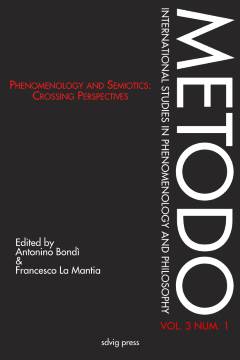Europa jenseits von Mythos und Aufklärung
Edmund Husserl, Jan Patočka, María Zambrano und Jacques Derrida über das geistige Erbe Europas
pp. 151-179
Abstract
In the course of the 20th century, many phenomenologists tried to develop a novel philosophical understanding of Europe. Departing from Edmund Husserl, they defined Europe as a culture of rationality whose origins are to be found in the Ancient Greece of the 7./6. century B.C. where a novel and unprecedented universal-critical attitude towards the world originated. Although many of the big proponents of phenomenology followed this interpretation in their own respective ways, this mono-genealogy is far from being without doubts. In raising the question about the “spiritual shape” of Europe, which determined its spiritual life, activity and creation, Europe’s religion seems to be distinctly missing in this mono-genealogy. In taking a closer look at Edmund Husserl, Jan Patočka, María Zambrano and Jacques Derrida, this article seeks to problematize the genealogy of rationality as the sole birthplace of Europe and investigates the problematic tension between reason and religion in the aforementioned thinkers. Viewed against this background, this article argues that Europe has more but one “origin” and that Europe is rather the effect these conflictual relations, their stratifications and sedimentations than the single child of a universal and selftransparent rationality of Ancient Greek imprint.
Publication details
Published in:
Tava Francesco, Caminada Emanuele (2016) Facing global crisis after Europe. Metodo 4 (1).
Pages: 151-179
Full citation:
Sternad Christian (2016) „Europa jenseits von Mythos und Aufklärung: Edmund Husserl, Jan Patočka, María Zambrano und Jacques Derrida über das geistige Erbe Europas“. Metodo 4 (1), 151–179.


